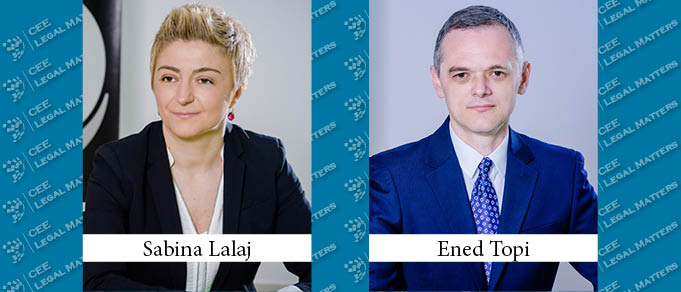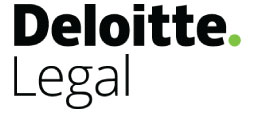With a population of approximately 2.8 million inhabitants, Albania’s economy is mostly composed of SMEs. To a large extent the financial sector is driven by commercial banks, however, in recent years, thanks also to extensive regulation by the central bank (Bank of Albania – BoA), non-bank financial institutions (NBFIs) have picked up a significant portion of the market.
Nevertheless, the lending activity in the country has been on a descending curb since the 2008 financial meltdown. Signs of a slight recovery are spotted here and there in the BoA quarterly reports, but indicators still show that commercial banks are in the defensive mood.
Concerning the credit crisis, experts have often pointed the finger at the supply-demand mismatch. As per Guven and Miagkyi in Albania’s Credit Market (2016), “… Poor financial intermediation is the main problem on the supply side. Despite excess liquidity in the financial sector, banks are excessively risk-averse, bank practices and products are unsophisticated, and non-bank financial market is underdeveloped…”.
Aside from the risk appetite of commercial banks in Albania, NBFIs have proved to be at the forefront of such a market despite the many difficulties to secure relevant funds.
NBFIs are licensed and regulated by the BoA and include entities licensed to conduct financial services (including lending and e-money activities) as well as the so-called microcredit finance institutions (MFIs). The panorama is completed by the saving and credit associations and their unions. These entities are legal persons, organized voluntarily, allowed to take deposits from their members which are to be exclusively used for members’ financing, but for this article should be considered out of scope.
NBFIs are by law tout court excluded from taking deposits from the public. This legislative ban has proven to be an obstacle, especially for MFIs, as it has held back the sector from developing innovative products and serving its clientele.
According to the Albanian Microfinance Association, the matter can no longer be ignored, especially in the face of the numbers, - 180.000 clients served and a loan portfolio of approximately EUR 235 million in 2020,– impressive in terms of portfolio size and numbers of inhabitants in the country.
Lifting the deposit ban should be addressed structurally, however, the foundations are already laid down. As mentioned, MFIs are regulated entities. However, there is no specific law regulating the microfinance sector (except for the Law on Saving and Credit Associations and their Unions). This legislative void is a long-time concern of the sector, which demands a proper space in the legislative panorama.
On the other hand, and despite a specific law that regulates the microfinance institutions, the BoA has been proactive in setting licensing and supervision requirements that, at present, seem too stringent.
BoA’s Regulation no. 1, January 17, 2013, On licensing and exercising of activity from the non-bank financial institutions, contains the relevant license requirements applicable also the MFIs. BoA’s Regulation no. 2, January 17, 2013, On risk management in the activity of the non-bank financial institutions, establishes the procedures and rules applicable to such entities, including MFIs, for administering risks during daily operations.
If one takes a close look at both regulations, it seems the regulator has taken a stringent approach in devising the rules and requirements applicable to MFIs despite the fact these entities are not allowed to take deposits from the public. The regulations with few exceptions, provide for minimum capital requirements, fit and proper requirements for directors and officers of the entities, reporting and supervision requirements, risks standards, etc. These resemble the features of prudential regulation for depository institutions but NBFIs are not allowed to take deposits.
Thus, the regulator and the microfinance sector should join forces to overcome the deposit ban obstacle and allow microfinance institutions to at least accept micro-deposits from the public. The regulator via the said or improved regulations is capable to exert effective supervision over the institutions. From the perspective of the microfinance sector, the lift of the deposits ban would be very positive as it will increase both the lending capacity and pool of clientele. Under these circumstances, a specific law combined with proper regulations seems to be the way forward to achieve this goal.
By Sabina Lalaj, Local Legal Partner, and Ened Topi, Senior Managing Associate, Deloitte Legal Albania & Kosovo
This Article was originally published in Issue 8.11 of the CEE Legal Matters Magazine. If you would like to receive a hard copy of the magazine, you can subscribe here.


